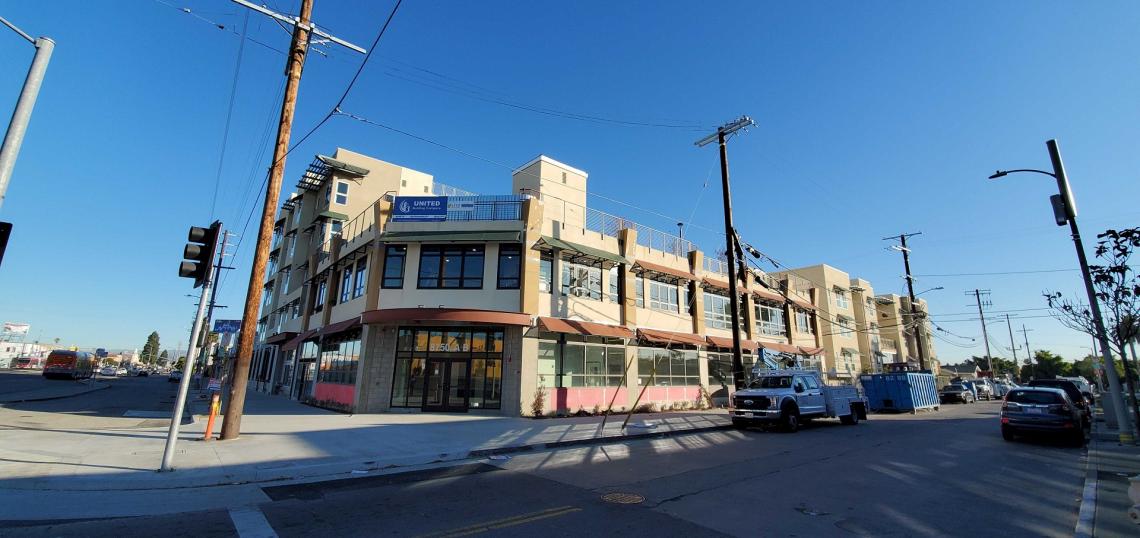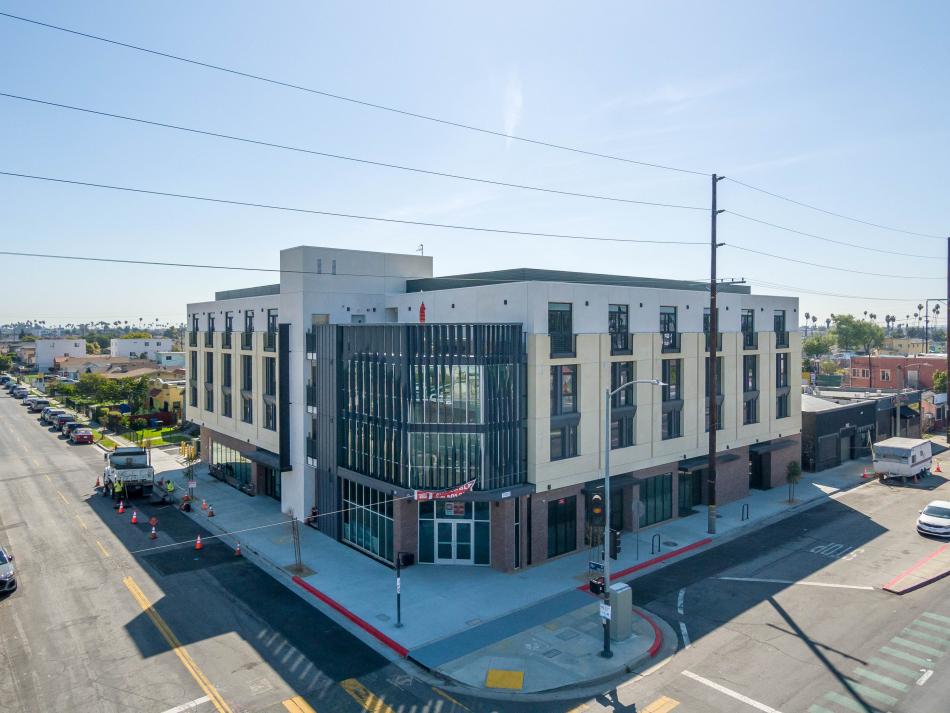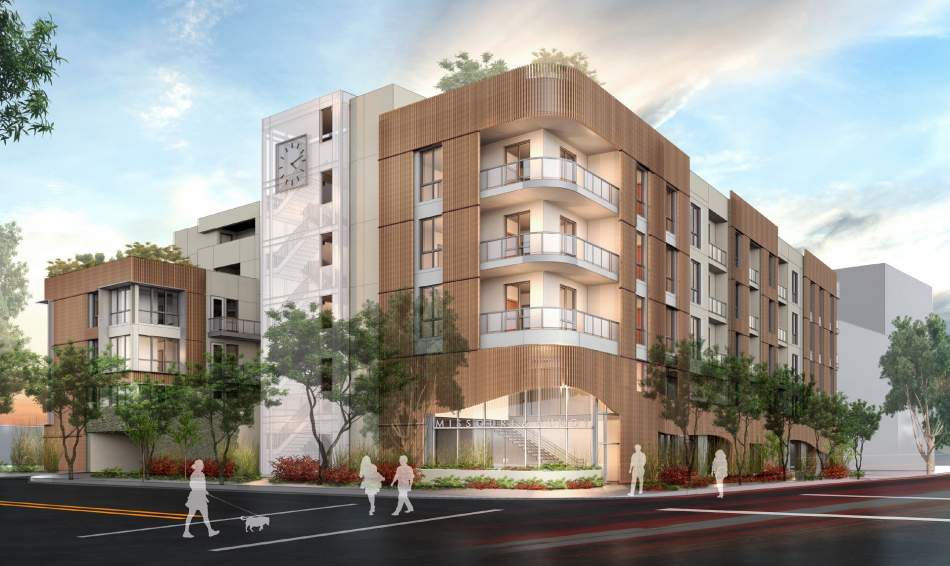Rising construction costs continue to hold back the City of Los Angeles' efforts to expand the supply of permanent supportive housing, according to a new report issued by City Controller Ron Galperin's office.
The report, entitled “The Problems and Progress of Prop. HHH,” refers to the $1.2-billion bond measure passed by Los Angeles voters in 2016 to fund the construction of up to 10,000 units of homeless housing. However, that goal assumed that construction costs would remain relatively stable in the years to come.
In 2019, an earlier report from Galperin's office pegged the average cost of a Measure HHH project at $507,000 per unit. According to the new report, that number grew to $530,000 in 2020, and swelled to nearly $600,000 as of 2021.
“Although Los Angeles has made some progress with Proposition HHH, it hasn’t been enough,” said Galperin in a statement. “The costs are too high and the pace is too slow to address the tragedy on our streets. If the City doesn’t learn from its mistakes, it risks repeating them. Angelenos, sheltered and unsheltered, cannot afford that to happen.”
Currently, there are 65 HHH-funded projects under construction, totaling more than 4,300 residential units. The Controller's report estimates that the average per-unit cost for under-construction projects is $596,000, ranging from as low as $309,000 per unit to as high as $765,000 per unit. Of those, it is estimated that roughly 14 percent cost more than $700,000 per unit.
There are also 27 HHH-funded projects still in the planning stages, which will create a combined total of 1,880 residential units. Projects now in pre-development cost an average of $580,000 per unit, ranging from as low as $372,000 per unit to as high as $837,000.
Altogether, HHH is now expected to generate just over 8,000 units of new housing - more than 7,000 of which would be supportive units - through 125 projects.
Galperin recommended that the City of Los Angeles should pursue additional measures to streamline approvals for HHH-funded projects, and also consider using HHH funds to purchase existing buildings (like through the Project Homekey program) and to build interim housing. Additionally, the Controller reiterated a recommendation to reconsider HHH allocations to stalled or overly costly projects - a proposal which faced pushback when initially raised.
While city officials may have discretion to steer HHH funding away from costly developments, the growing price tag for supportive housing reflects a broader trend impacting everything from infrastructure to market-rate projects.
Metro is now considering splitting a proposed extension of the Eastside L (Gold) Line into phases as the estimated cost of the project now outstrips the amount of tax revenue allocated to the project.
Likewise, a 2020 report from the UC Riverside School of Business found that the average per-unit cost for new housing in Los Angeles - regardless of income restrictions - was nearly $580,000.
- Measure HHH (Urbanize LA)
- The Problems and Progress of Prop. HHH (City of Los Angeles)
- Demystifying the High Cost of Multifamily Housing Construction in Southern California (UCR, h/t Ned Resnikoff)








